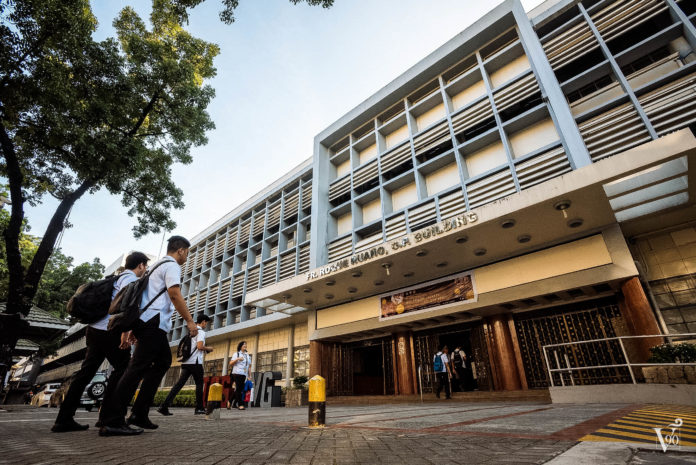The UST Department of Electronics Engineering (ECE) has distributed 300 toolkits to students with laboratory courses in the distance learning setup.
Prof. Angelo de la Cruz, ECE department head, said the toolkits would provide students with “psychomotor skills” that could help them develop basic skills and knowledge of tools, instruments and electronic components.
“The goal is simply to develop the students’ psychomotor skills via remote teaching given that laboratory instruments and components are not physically accessible in our laboratory rooms due to the pandemic,” de la Cruz told the Varsitarian.
De la Cruz said the toolkits would also help students do experiments in the comfort of their homes.
“With the toolkits, students will be able to validate the results made in software simulation via actual electronic components. The assigned lab professors will demonstrate how to use the toolkits during their laboratory online classes,” he said.
De la Cruz said this was part of the department’s revised teaching setup for Academic Year 2020-2021.
According to the student publication Thomasian Engineer, each toolkit is composed of a variable DC adaptor, direct digital synthesis function generator, digital multimeter, breadboard, soldering iron, soldering lead, batteries, connecting wires, universal printed circuit board, seven-segment displays, dual in-line package switches, light-emitting diodes, light dependent resistor and a variety of transistors, integrated circuits, capacitors and resistors.
Leighla Louisse Sto. Tomas, an ECE sophomore, said learning how electronic components worked was tough, but the kits gave her a “better understanding” of electronics.
De la Cruz said the Department of Industrial Engineering has also distributed equivalent toolkits to its students.


0 Comments